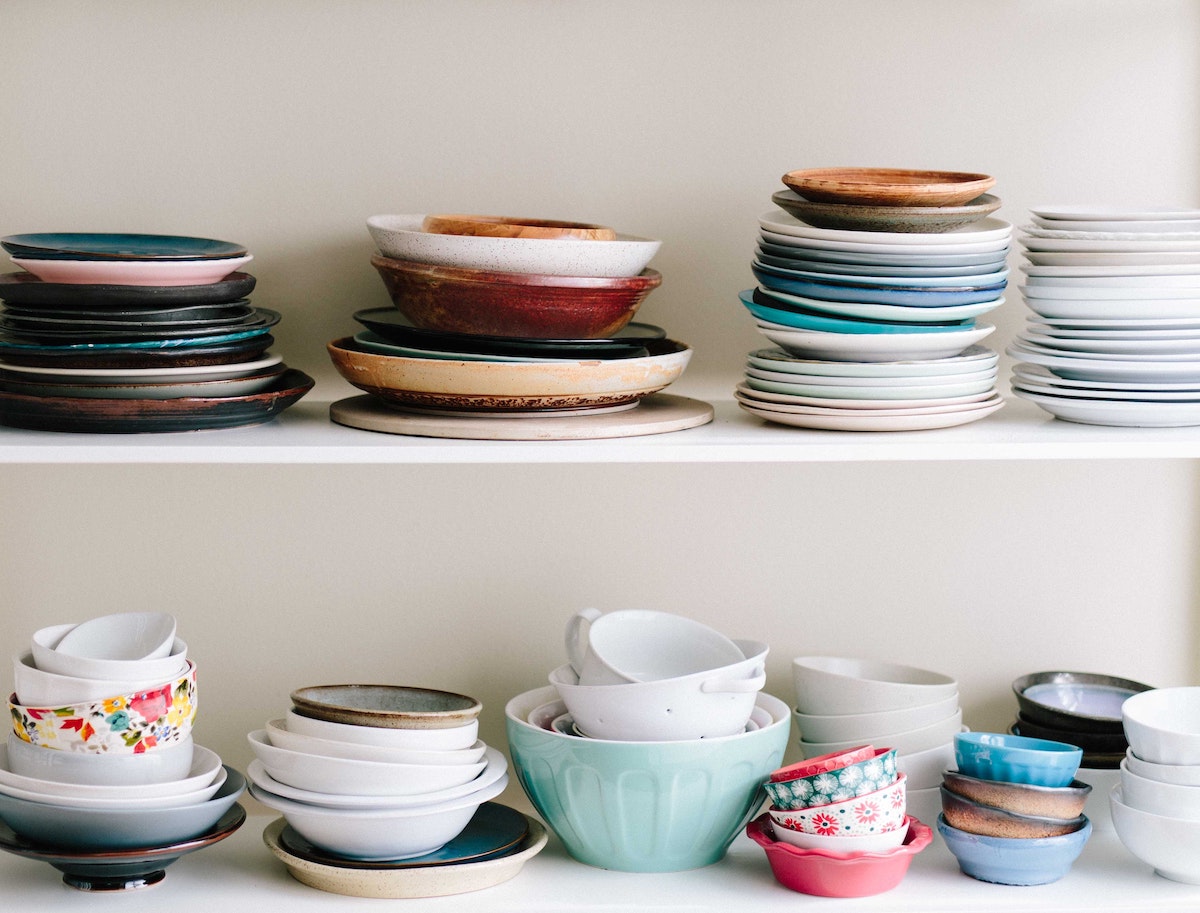One of the most common problems people tackle every day is washing dishes. Most people spend at least 20 minutes a day washing dishes. This is based on an average of about 2 meals per day, with each meal requiring on average 10 minutes of dishwashing time. If you consider that there are almost 8 billion people in the world, let’s say that only 1 billion of them wash dishes regularly, that means that humans collectively spend at least 300 million hours every day washing dishes!
That’s a lot, and honestly, it’s not one of the most elevating work that humans can do, imagine if instead of washing dishes for 300 million hours at day we make paintings, songs or theorems. Wouldn’t that be nice? Sure, if humans didn’t have to wash dishes it doesn’t mean that they would spend that time with art and science, but that’s for another blog post. In this I want to give you an overview of the past, present and future of dish washing.
History
💡 The following history of dish washing is taken from this answer on history.stackexchange.com
The history of dishwashing dates back to ancient times, when humans first invented dishes and therefore the need to wash them (often new solutions create new problems). In prehistory, people used sand to scour pottery and utensils at the nearest water source.
The Babylonians, who lived between 1895 BC and 539 BC, are believed to have been the first to discover soap, although it is not clear if it was used to clean kitchenware. These early soaps were made from a mixture of animal and vegetable fats, ash, alkaline salts, and oils.
During the Zhou Dynasty (1050 BC to 256 BC) the ancient Chinese discovered that the ashes of certain plants could be used to remove grease, and this method is recorded in "The Rites of Zhou," a sacred document from the dynasty. Although the context indicates laundry, it is not inconceivable that they used a similar kind of soap for greasy kitchenware as well.
The Romans also had soaps, but they seem to have used other substances for cleaning objects, such as sand, which was used to clean tabletops and scour stone and tile floors. Cuttlefish bone was also used as a cleaning abrasive, as was horsetail (Equisetum), which was used to scour wooden utensils, dairy vessels, and pewter. In medieval Europe, vinegar and sand were used to clean metal pots and pans, while cloth was used to clean kitchenware.
Even in the Renaissance period, dishwashing was still a tedious task, but devices such as dish mops, powdered abrasive cleansers, and plate scrapers were used to make the job easier. As societies became more technologically advanced, the process of dishwashing began to evolve. In the 19th century, the first mechanical dishwashers were invented, using steam and water pressure to clean dishes. These early models were large and cumbersome, and were not widely adopted until the 20th century.
The development of the electric dishwasher in the early 20th century made it possible for households to have their own dishwashing machines. These early models were still quite large and expensive, but they gradually became more compact and affordable over time. Today, many households in developed countries have their own dishwashers, which make the process of washing dishes much easier and more efficient.
Present and future
That brings us to today and the 300 million hours spent daily on dish washing. How can we reduce it in a sustainable way and free up more time for humans to engage in other activities?
Let’s note that for washing dishes I also mean the organisation of them, for example I consider also the time spent to put and remove kitchenware in the dishwasher.
One little trick for wealthy people but not as rich enough to get an housekeeper, is to have two dishwashers, so you can keep more dishes in them and charge and void them less. Often the kitchen is full of dirty dishes because the dishwasher is full of clean dishes and you can’t put the new ones in. With two dishwashers you would put the new dirty dishes in the empty one and keep the clean ones in the other.
But what about in the future? What are some revolutionary sci-fi ideas to reduce the time spent on dishwashing in a sustainable way for more people as possible? I can think of two:
- Self cleaning dishes Dishes made of dirt-repellent material, it looks like there has been previous attempts, but not very successful or wide used. I don’t know if they are even possible and it would be still needed a bit of human effort to wash them, but far less, maybe just to rinse them.
- Smart robots I think the final solution will be domestic/personal robots that will be as widespread as dishwashers or maybe even smartphones. They can also solve many more problems and create new ones, but that’s for another blog post.
Conclusion
It is clear that dishwashing has come a long way in the past, and with the current technological advancements, it will continue to evolve in the future. With the right technology and implementation, dishwashing time could be greatly reduced and humans can spend more time engaging in activities that bring more value to society.
